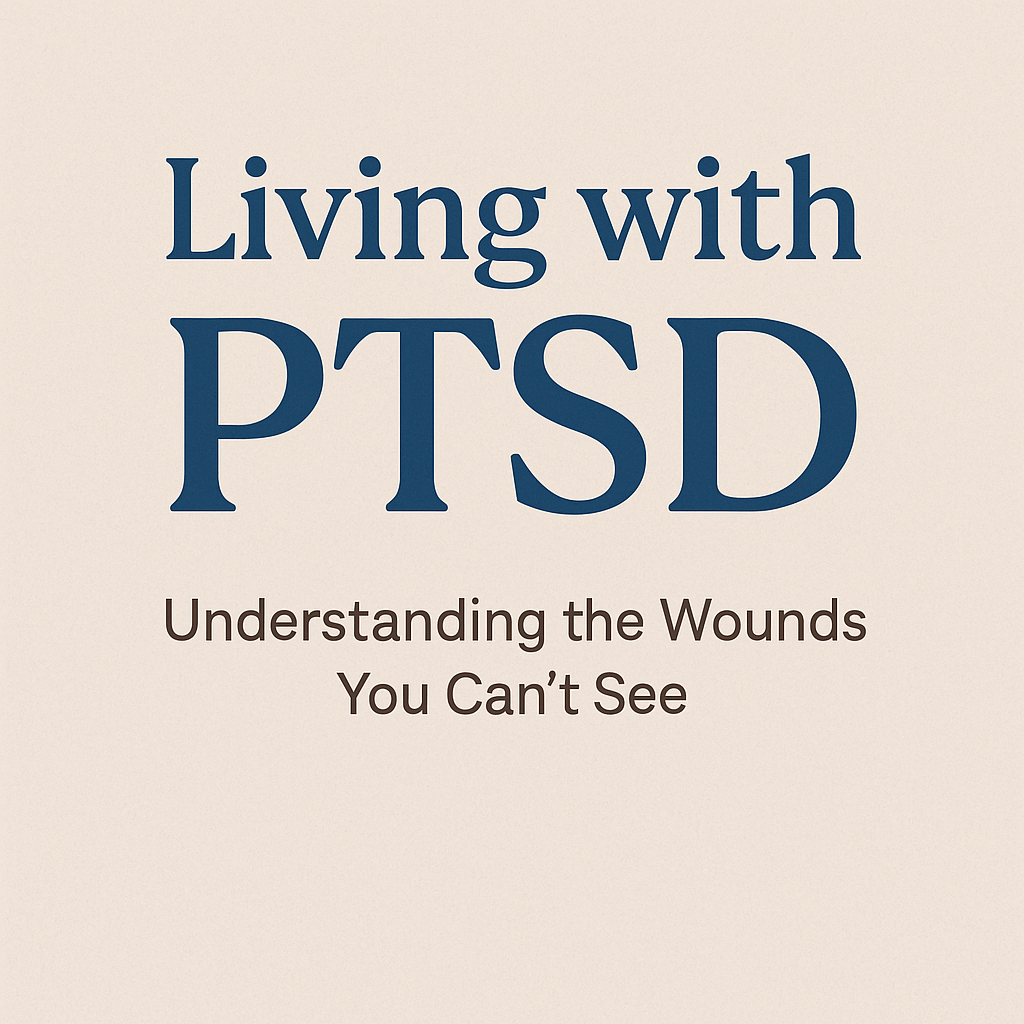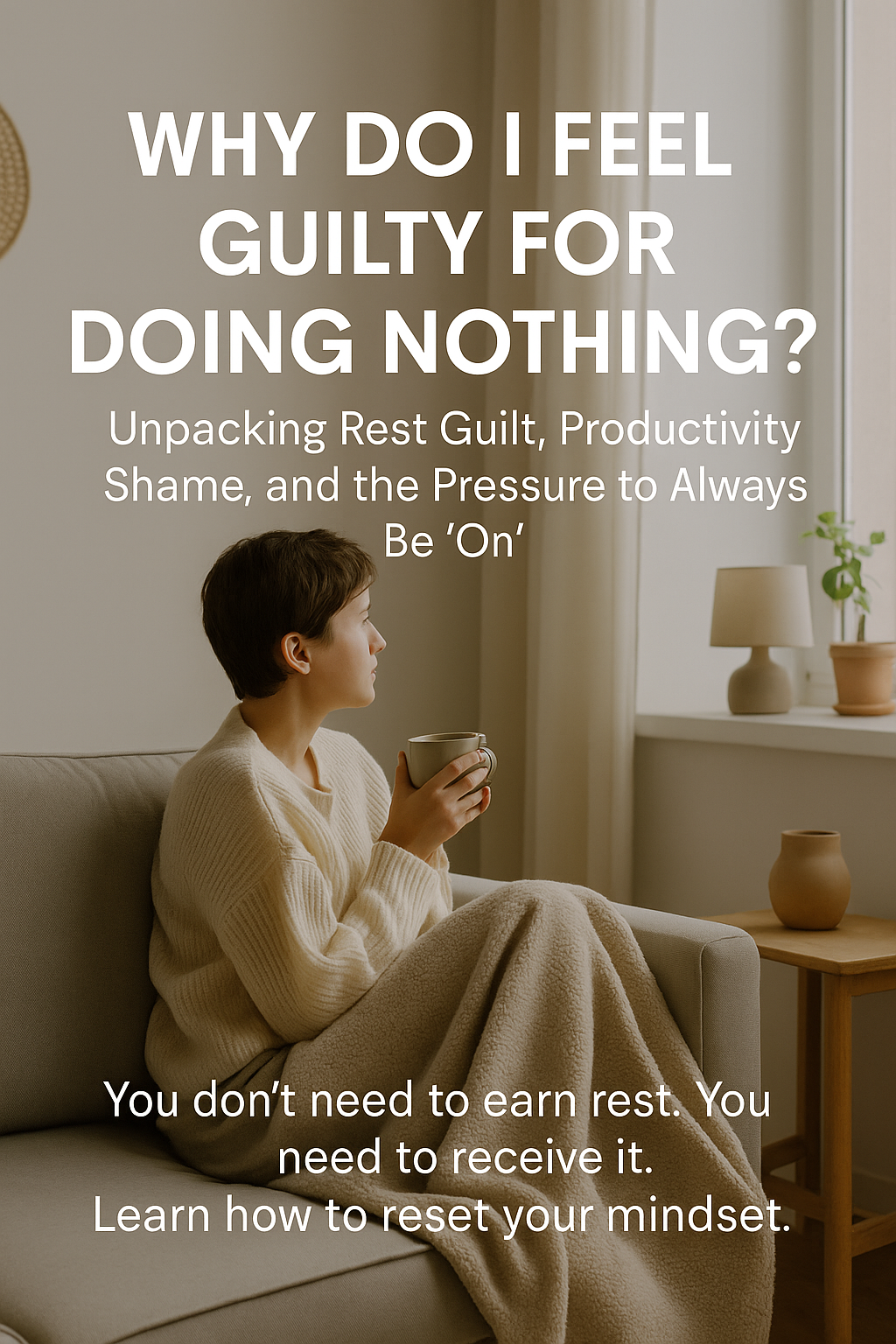By DTDF Essentials — Your Trusted Mental Health & Wellness Hub
“I want to help them… but I’m drowning too.”
If you’ve ever said that even silently this blog is for you.
Supporting someone with bipolar disorder is an act of deep love. But let’s be honest: it can also be exhausting, confusing, and emotionally draining.
Manic episodes. Depressive crashes. Emotional whiplash.
And then the guilt of needing space or feeling overwhelmed.
As a mental health nurse, I’ve worked with countless families, partners, and friends trying to show up for someone with bipolar disorder without losing themselves in the process.
Here’s how to offer real support without burning out.
First: You Are Allowed to Set Boundaries
Caring for someone with bipolar doesn’t mean sacrificing your health, identity, or peace.
Your wellbeing matters just as much as theirs.
Boundaries aren’t walls they’re bridges that keep love sustainable.
What Support Can Look Like:
1. Listen Without Trying to “Fix”
Validate what they’re experiencing. You don’t need to solve their pain you just need to sit with it sometimes.
2. Learn Their Triggers + Patterns
With permission, track mood patterns together using apps like Bearable or eMoods. Understanding is empowering for both of you.
3. Stick to Routines (Gently)
Structure helps, especially during depressive or manic phases. Sleep schedules, meds, meals all matter. Use shared calendars or reminder apps to stay on track.
4. Encourage Treatment, Don’t Force It
Gently ask about therapy or doctor check-ins, but avoid ultimatums. Offer to go with them or help set reminders.
5. Check In During the “In Between”
Support isn’t just for crises. Celebrate the stable moments. Check in when things seem “normal” too that’s often when people feel most invisible.
What Support Shouldn’t Be:
-
Playing therapist (you’re not their mental health provider)
-
Ignoring your own exhaustion
-
Blaming yourself when they relapse
-
Staying silent when something hurts you
-
Believing love alone can “heal” bipolar
Tech Tools That Support You Too
-
Mental Health Journaling Apps like Reflectly or Journey to process your own emotions
-
Breathwork + Biofeedback Tools (like Apollo Neuro or Sensate) for nervous system regulation
-
Therapy Apps for Caregivers like BetterHelp or Therapist Aid
-
Shared Mood Tracker Apps (with their consent) to stay aligned without hovering
Final Words from DTDF Essentials
You can support someone with bipolar disorder and protect your peace.
You don’t have to choose between love and survival.
Be present but stay grounded. Offer help but also rest.
The most sustainable love is the kind that includes both people.
Bonus Download: “Support Without Burnout — Bipolar Caregiver Cheat Sheet”
- Clear boundaries. Key reminders. Emotional self-check prompts.
- Grab the free printable:
👉 Download the Support Cheat Sheet link coming up







